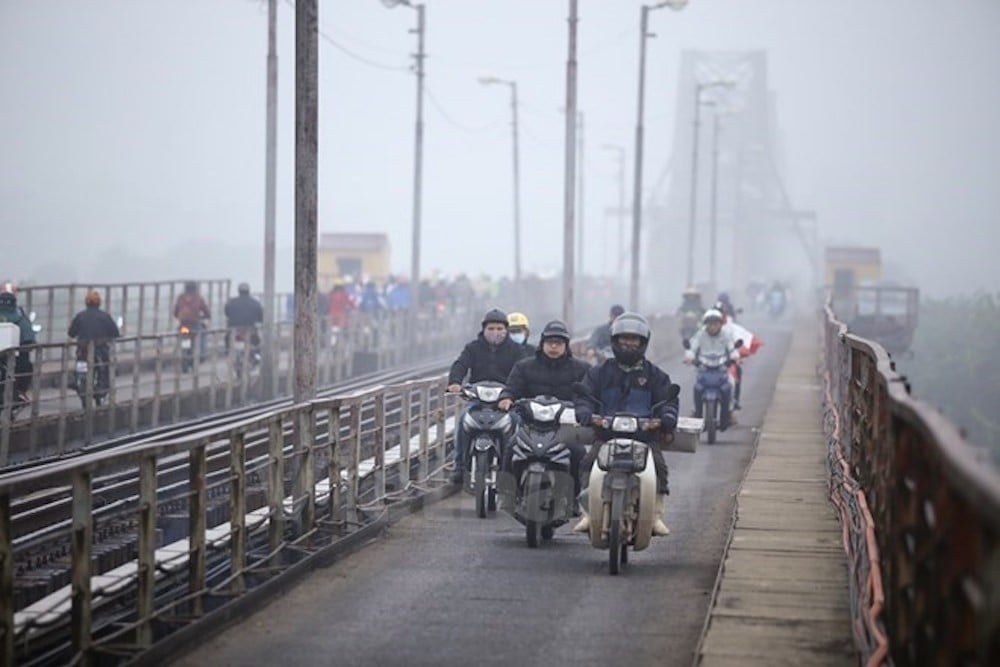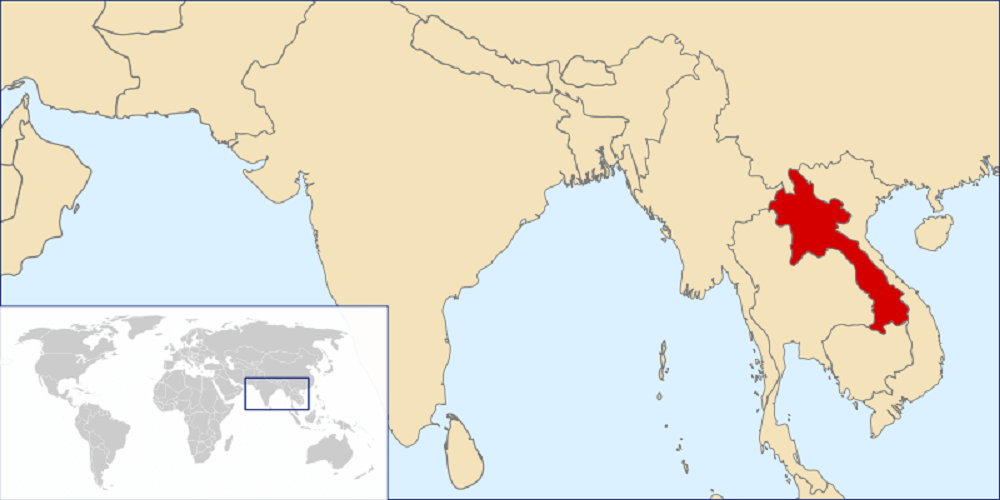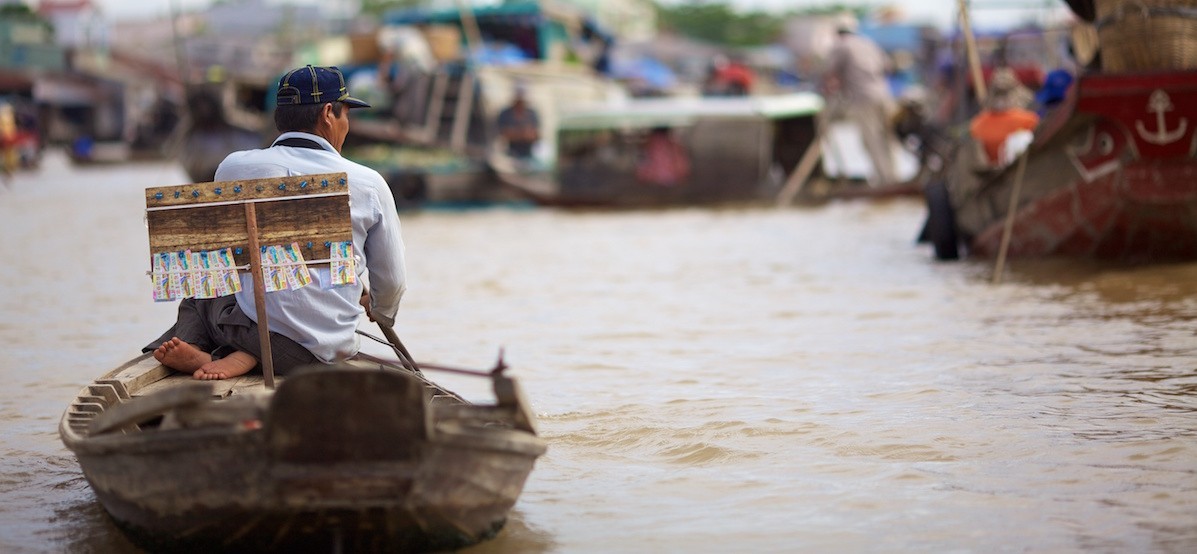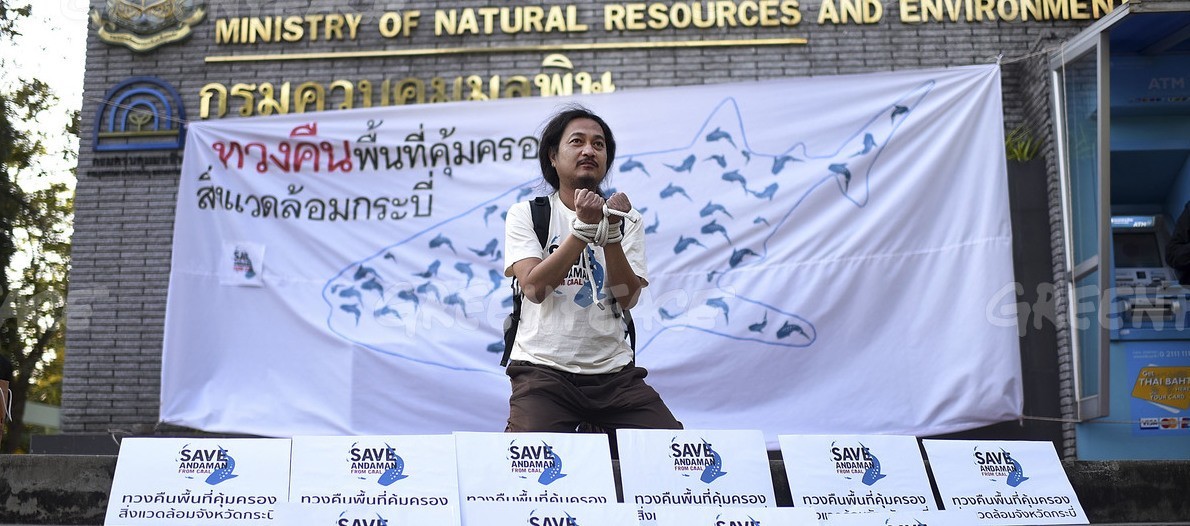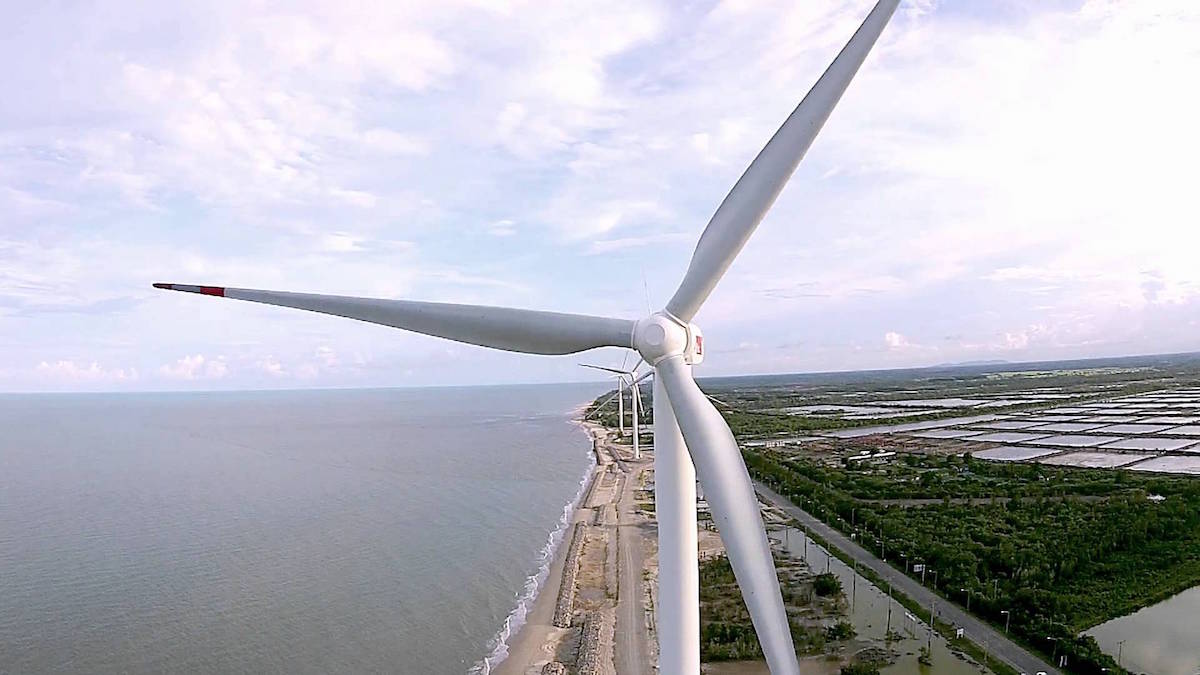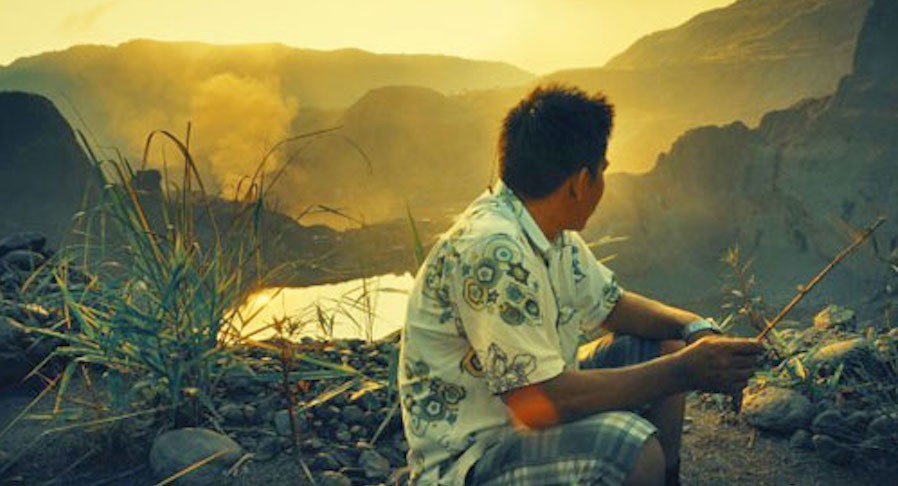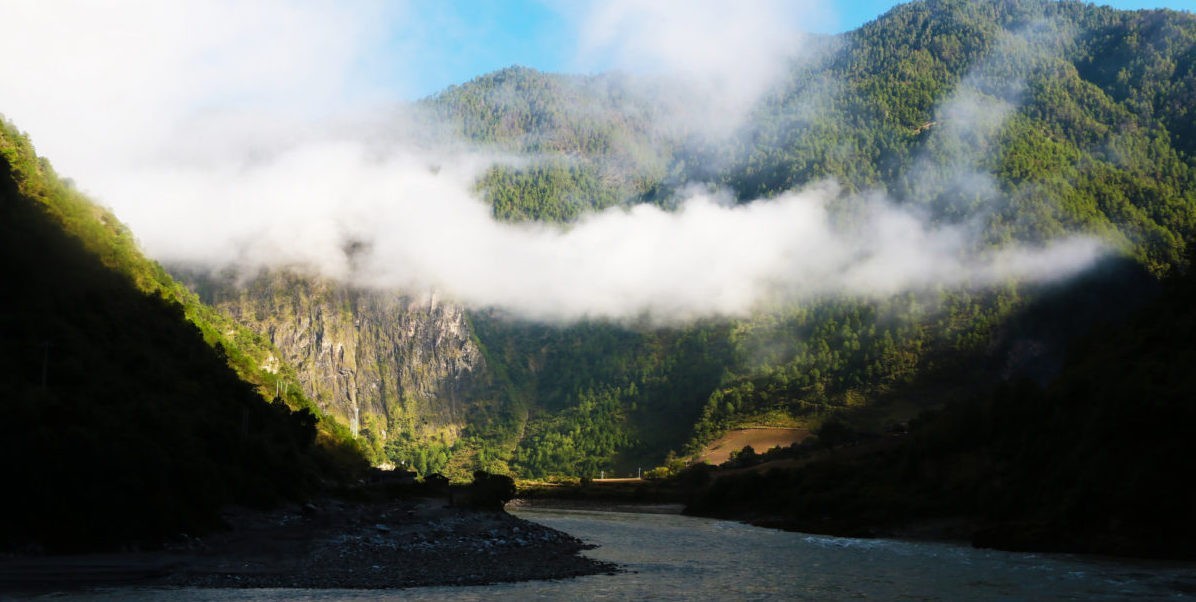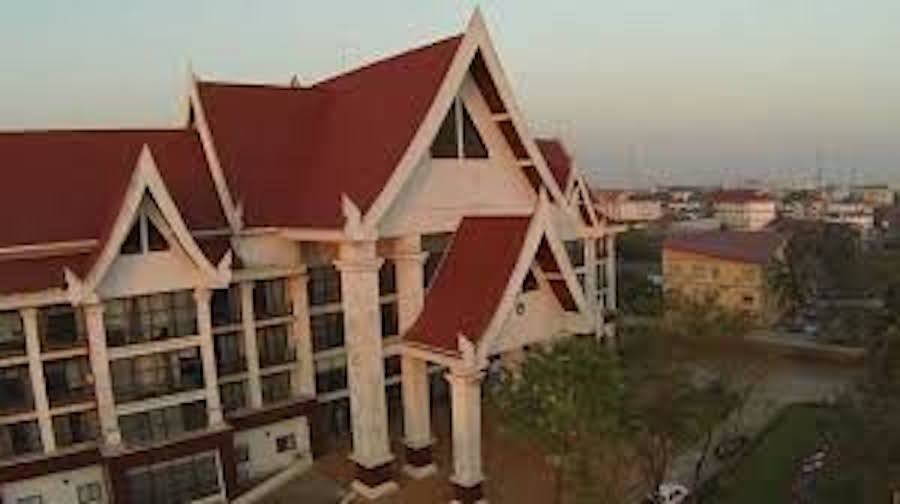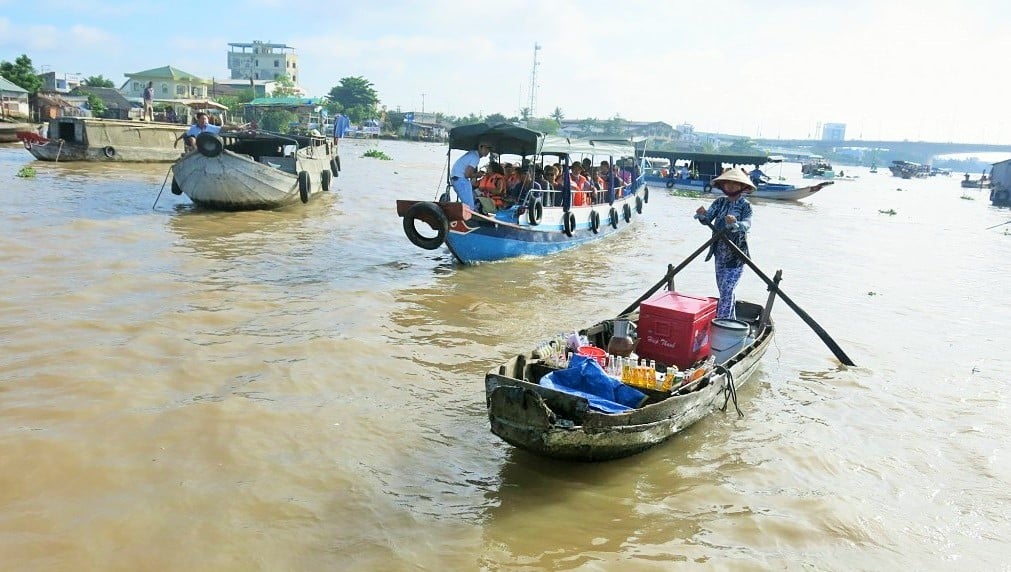A major expansion of economic-corridor networks and new areas for economic investment valued at US$32.6 billion (Bt1.2 trillion) will strengthen links between the capital cities of Mekong countries, according to the agreement revealed at the 21st Greater Mekong Subregion (GMS) Ministerial Conference in Chiang Rai province yesterday.
Tag: society-community
25 Most Popular Research Papers on Lao Land and Food Issues: LaoFAB
In commemoration of LaoFAB’s 10th anniversary, the top 25 most popular research papers and reports in its repository have been made public. The list is dominated by studies of land concessions and food security.
Moving beyond the Myitsone dam dilemma
Amid a wave of popular protest, construction on the Chinese-backed project was halted by the Thein Sein government in 2011. Daw Aung San Suu Kyi’s assurances in August that there will be a solution to the stalled dam may be welcome news in Beijing.
Clean energy for Krabi
In a bid to create the impression that the coal-fired power plant in Krabi has won backing from locals, Krabi governor Pinit Boonlert submitted a list of supporters’ signatures last week, totalling 15,000, to the government. That is worrisome.
The move came immediately after Prime Minister Prayut Chan-o-cha said the government attached importance to public participation and would pay heed to locals’ needs when making a final decision over the contentious project in the province with a population of 456,800. He made the comments in response to the fresh round of protests by anti-coal supporters at Government House last month.
VN green energy gets strong tail wind
Việt Nam is hoping to boost its renewable energy production, especially wind and solar energy, to more than 10.7 per cent of total generation by 2030, up from the previously planned 6 per cent.
It plans to increase the rate to at least 7 per cent by 2020, up from the previous target of 4.5 per cent.
The country now relies heavily on electricity from coal and hydropower.
Myanmar director takes his film to Luang Prabang
The film is a powerful indictment of the country’s rogue crime and drug-infested jade mines, though at its core it is a human story of brothers reuniting and reconnecting, of attempting to define the inexplicable. Shot is Mandalay and Hpakant, Kachin State’s “city of jade”, the movie took two years to complete. Production was steeped in technical and cultural challenges, says Midi Z. The harsh physical environment, as well as cultural factors made production particularly difficult.
Damming the Salween: what next for Southeast Asia’s last great free-flowing river?
It’s difficult to encapsulate, as an outsider, how significant the Salween is in the hearts, minds and identities of the ethnic communities who live in its watershed. “From the Land of Green Ghosts,” Pascal Khoo Htwe’s autobiographical account of life in conflict-ridden eastern Myanmar is flecked through with references to the “legendary River Salween,” the river he refers to as “an old friend or a lover.” Meeting with Salween riverine communities in Myanmar today, Pascal Khoo Htwe’s depiction of his relationship with the river burns strong – they still talk about it all the time.
Sweden Pledges $5.3M to Mekong River Body
As bitter protests continue over ongoing Mekong River dam projects, Sweden has pledged $5.3 million to a controversial multinational body monitoring development in the basin.
The funding—to be disbursed over the next four years—will promote sustainable hydropower in the Mekong River basin, the Mekong River Commission (MRC) said in a press release.
Multi-Stakeholder Dialogues Matter
Extractives Industry (EI) activities in the Mekong Region have been controversial, causing environmental impacts and con icts between the private sector and affected communities. Although the mining and extractives sector in Cambodia is still relatively small, in recent years there have been a large number of exploration licenses granted to both local and international companies. Cambodia is on the verge of a major expansion of its EI. However, the legal framework governing mining in Cambodia is still undeveloped and concerns have been raised by communities that there is a lack of transparency in the licensing and Environmental Impact Assessment (EIA) processes.
Vietnam proposes transboundary water-resources management policy
At the November 20 session of the 24th APEC Summit, a high-ranking leader suggested developing agriculture in a sustainable manner in tandem with the effective use of natural resources, including cross-border management of water resources.


